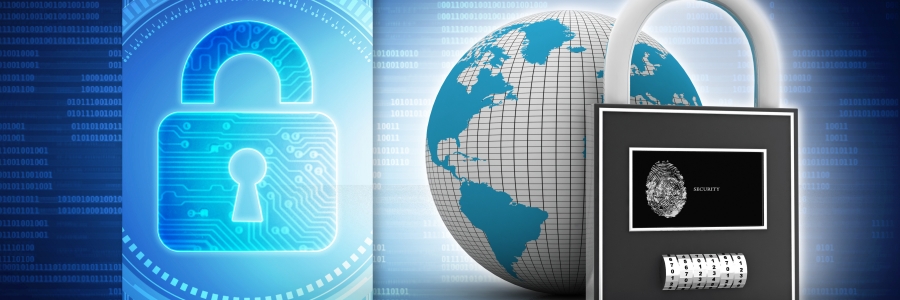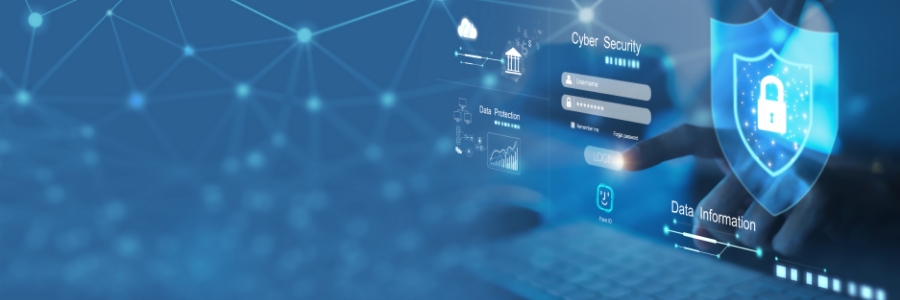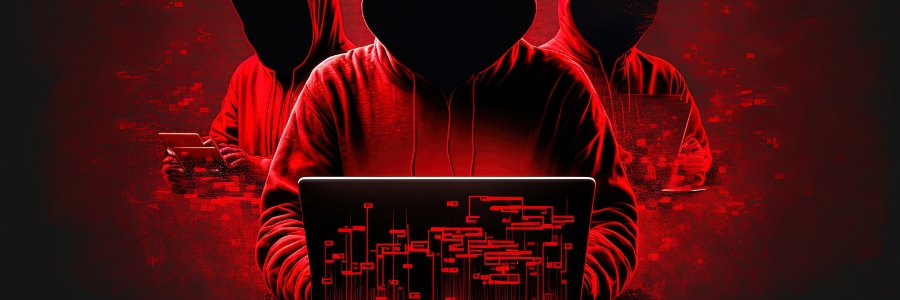Everyone from cybercriminals to government agencies can attempt to monitor and access your data on the internet. To protect yourself, you need a virtual private network (VPN), which encrypts data sent from your computer to the internet. However, not all VPNs are created equal.
Protecting your SMB from cyberattacks: Know your enemy
Important cybersecurity terms every business owner should know
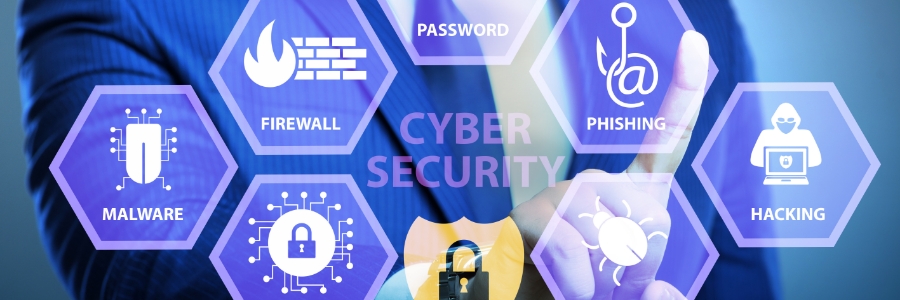
As technology advances, so do the risks associated with cyberthreats. Understanding basic cybersecurity terms is essential for business owners to protect their assets, data, and reputation. In the following sections, we’ll explore key cybersecurity terms and concepts that every business owner should be familiar with.
Strengthening SMB cybersecurity with managed IT services
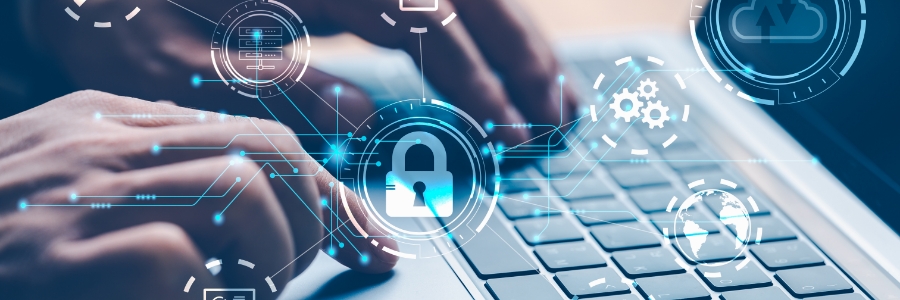
As technology continues to advance, small- and medium-sized businesses (SMBs) face increasing cybersecurity risks. Protecting sensitive data and maintaining a secure online environment is crucial for the success and longevity of SMBs, but without the right resources and expertise, this task can be daunting.
Unveiling the invisible threat: Exploring the world of fileless malware
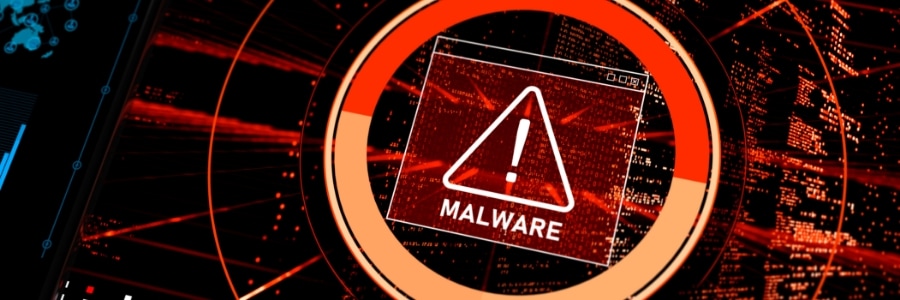
With its ability to evade traditional antivirus solutions, fileless malware poses a significant challenge to organizations and individuals alike, as it can cause severe damage without leaving any traces behind. In this article, we will delve into the intricacies of fileless malware, explore how it works, and discuss effective strategies to protect against this invisible threat.
Your guide to dealing with distributed spam distraction
How to enhance your company’s BYOD security
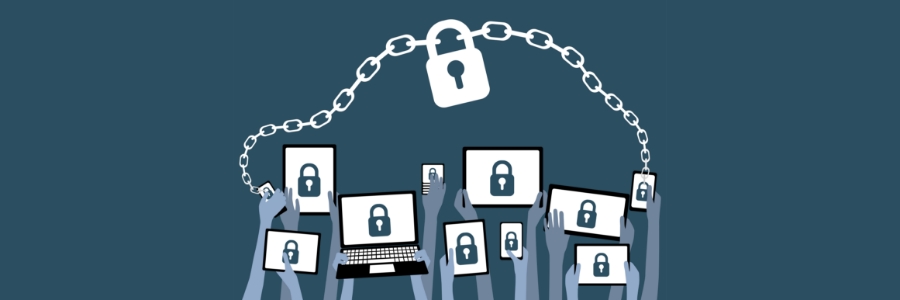
Bring your own device (BYOD) is a trend that has grown in popularity because of the convenience it offers employees, but it also presents a serious security risk. If an employee’s personal device is not appropriately secured, it can become a potential entry point for attackers to gain access to sensitive corporate information.
Does password autofill make hacking easier?
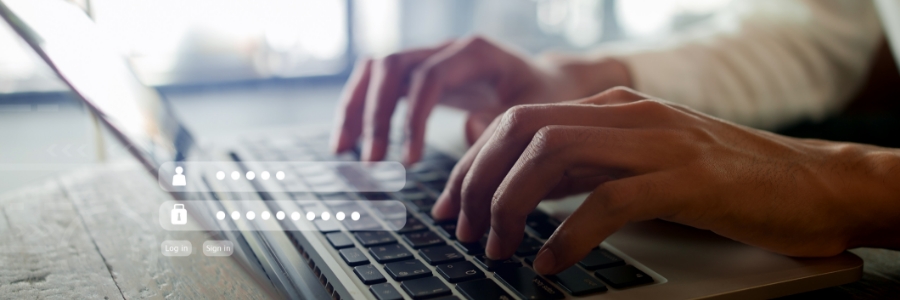
Password autofill is undeniably convenient, but do you know the dangers of using this common browser feature? Here’s what you should be aware of when using it and how to secure yourself from potential cyberattacks through this feature.
The risks of password autofill
Password autofill is a convenient feature found in most browsers and password managers.


